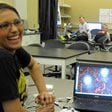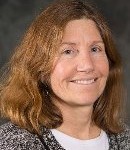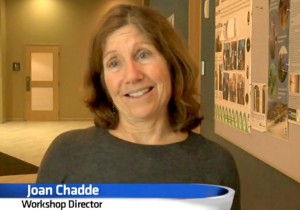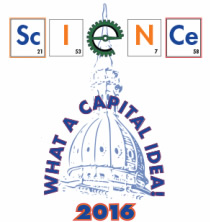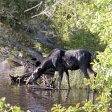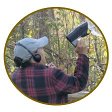 The Engineering Process
The Engineering Process
ENG 5100 4 credits
July 11 – 22, 2016
Deadline: May 6, 2016
The course is intended to introduce engineering to pre-college teachers* in order to help teachers acquire tools for integrating engineering into their science classrooms under the framework of the new Michigan Science Standards. The course provides teachers with a meaningful experience about the process and methods that engineers use to solve problems. The engineering process (as compared with the scientific process) will be outlined, as will some of the “non-technical” aspects of engineering. Students will explore how the course objectives are related to the NGSS (and the new Michigan Science Standards), specifically identifying ties to the foundational dimensions of the standards; Disciplinary Core Ideas (DCIs), Science and Engineering Practices (SEPs), and Crosscutting Concepts (CCCs). Students will be required to complete a design project that meets design criteria culminating in testing of the project and analysis of the results. This course is a required, cornerstone course for our Master’s degree program in Applied Science Education.
*Mi-STAR curriculum developers will be given first preference.
ENG 5100
4 credits
Learn more and apply at Teacher Professional Development Summer Institutes.

